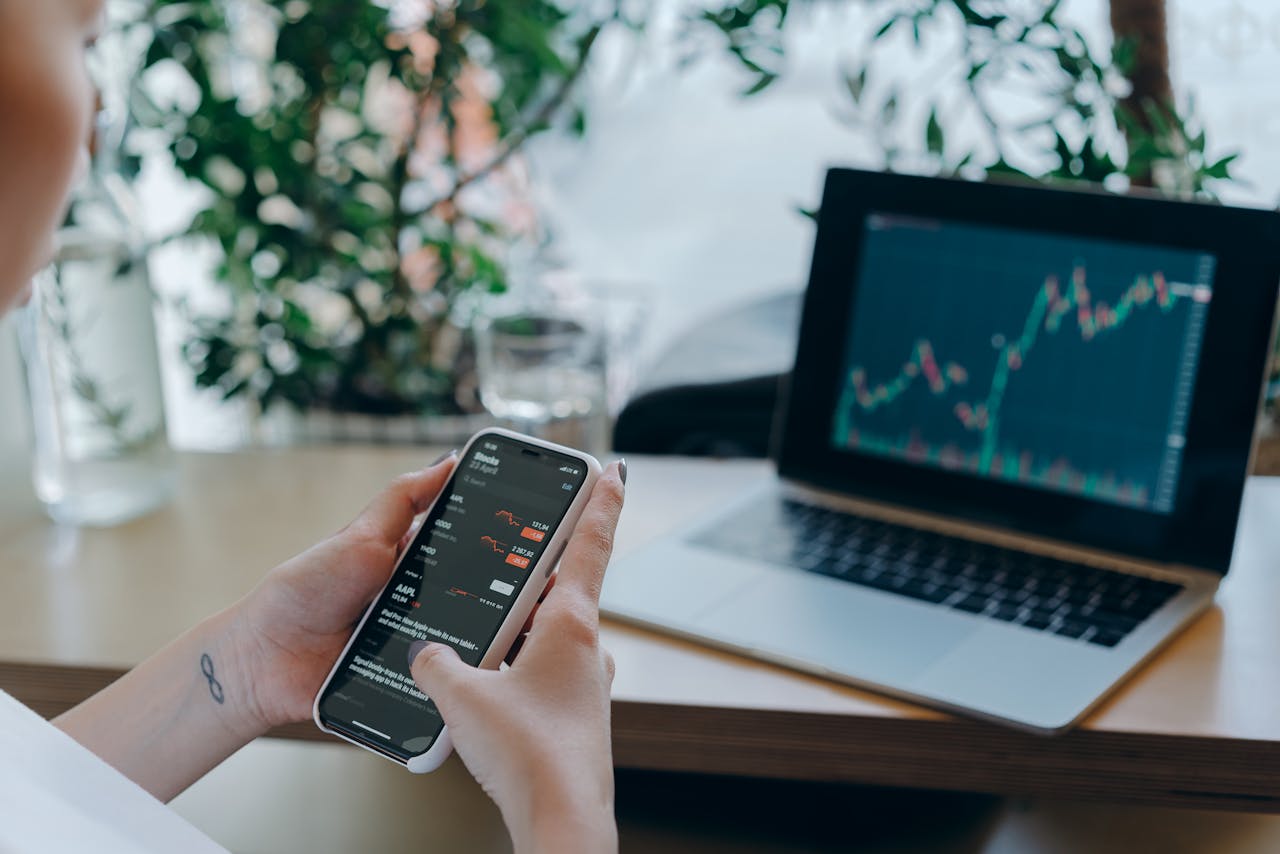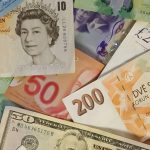How to start trading forex?
Forex trading, at its core, is all about making money by purchasing and selling currencies. If you’re wondering how to start trading forex, it can seem relatively simple, but there are several factors to consider to succeed. So if you’re thinking of getting into the forex market, read on for some tips that will help you get started.
How do I start trading forex?
The first step to start forex trading is finding a reputable broker. There are many different brokers, and it can be tough to choose one. You’ll want to consider a broker that provides good customer service, low spreads, and an accessible platform. Once you’ve found a broker, you’ll need to open a forex trading account and deposit some money.
Choosing a currency pair
Once your account is set up, how do I start trading forex effectively? You need to select a currency pair to trade. The most common pairs are EUR/USD, GBP/USD, and USD/JPY. Understanding factors like the best time to buy dollars or sell them can also help you make more informed trading decisions.
Once you’ve chosen a pair, you’ll need to decide whether to buy or sell. If you believe the currency pair will go up in value, you’ll buy; you’ll sell if you think it will go down.
Market orders vs. limit orders
Once you’ve distinct whether to buy or sell, you’ll need to enter an order. An order is simply an instruction to your broker, telling them how much currency you want to purchase or sell and at what price. There are two main types of orders: market orders and limit orders. Market orders are executed instantly at the current market price, while limit orders allow you to set a specified price at which you want your order to be executed.
After placing your order, all left to do is wait and see what happens. If your prediction is correct and the currency pair moves in your predicted direction, you’ll make a profit. If not, you’ll lose money.
What to look for in a currency pair?
When you’re choosing a currency pair to trade, there are several things you need to take into account. The most important thing is volatility. Volatility measures how much a currency pair moves up and down over time.
Another thing to consider is liquidity. Liquidity calculates how easy buying and selling a currency pair is without affecting the price. A currency pair with high liquidity will be easier to trade without affecting the price, while a low-liquidity pair may be more challenging.
Finally, you’ll also want to consider the spread. The spread is the difference between the bid price and the asking price, and it’s what brokers use to make money. A tight spread means that the broker is making less money, while a widespread means that the broker is making more money.
Risk management
When you start forex trading, it’s important to manage your risk. Risk management is about knowing how much money you can afford to lose on a trade and set limits accordingly.
Leverage is a tool that lets you trade with more money than you have in your account. For instance, if you have $1,000 in your account and use 100:1 leverage, you can trade $100,000. While leverage can help you make more significant profits, it can also amplify your losses, so it’s essential to use it carefully.
Tips for success
Here are some closing points that will help you succeed in starting forex market:
- Stay patient – The foreign exchange market can be volatile, and there will be times when you lose money. It’s crucial to stay patient and wait for the right opportunity to enter a trade.
- Stay disciplined – It’s easy to let emotions get the better of you when trading. Fear and greed can lead to impulsive decisions, costing you money. It’s important to stay disciplined and stick to your trading plan.
- Do your research – Before entering a trade, take the time to familiarize yourself with a forex trading for beginners guide to fully understand the market and how it operates. You require to know what you’re doing if you want to succeed.
- Have realistic expectations – Don’t expect to become a millionaire overnight. The foreign exchange market is risky, and there will be times when you lose money. You’ll be disappointed and even give up if you have unrealistic expectations.













